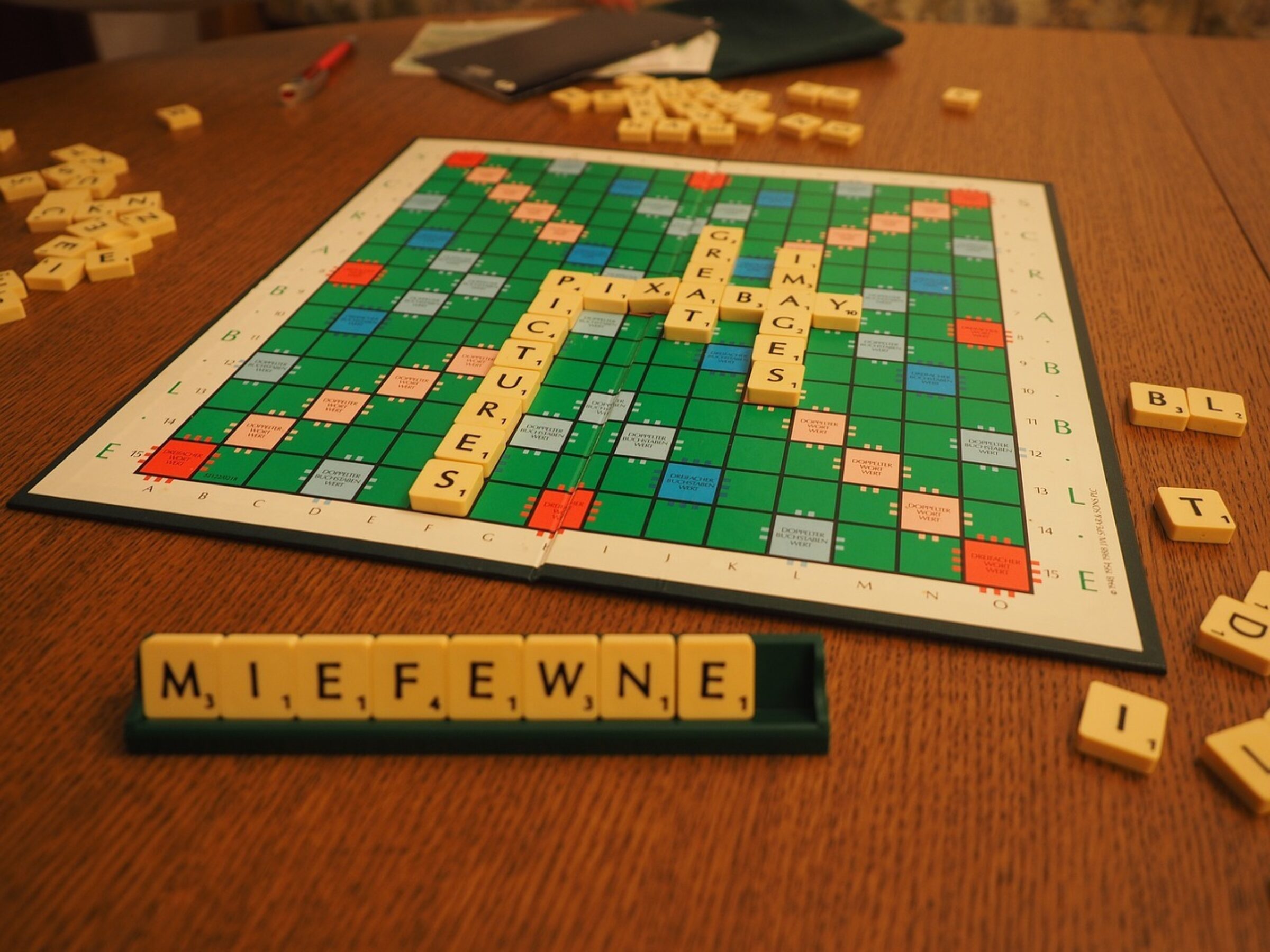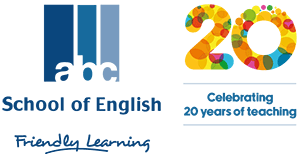Board Games: More Ways To Learn English Whilst Having Fun

Last week, not only did we get together for a pub quiz, but our fantastic social team gathered some of our students around the tables for an afternoon of board games. What began as a friendly competition quickly turned into a lively mix of laughter, strategy, and excellent English practice. It reminded me that board games are more than just a pastime — they’re a cherished British tradition that’s been making a comeback in recent years.
Board games have always had a way of bringing people together, and in today’s fast-paced, screen-driven world, they offer a refreshing change of pace. But beyond their nostalgic charm, they’re also a fantastic tool for language learners. These games encourage conversation, creativity, and critical thinking — all essential skills for mastering English.
Take the all-time classic Scrabble, for instance. It’s not just about high scores (though that triple-word score does feel great); it’s also about expanding your vocabulary and learning how to think strategically with words. Meanwhile, another favourite is Codenames, perfect for practising descriptions and synonyms, while Guess Who is perfect for low levels and hones your questioning skills and deductive reasoning. These games turn language learning into something interactive, dynamic, and, most importantly, fun.
And the benefits don’t stop there. Playing in teams fosters collaboration and builds confidence, especially for students hesitant to speak. You’re not just learning English; you’re using it, experimenting with it, and making it your own — all without the pressure of formal settings.
So, why not check out our social programme on our socials and join us for a bit of board game fun next time you’re in town?!
And as promised, here are the answers to the questions of our Pub Quiz blog from last week:
- What is the only English word that ends with "mt"?
The word is dreamt, which is the past tense of "dream." - Which punctuation mark is used to join two independent clauses?
A semicolon (;) is often used to join two closely related independent clauses. Alternatively, a comma with a coordinating conjunction (e.g., "and," "but") can also join them. - What is the longest one-syllable word in English?
Strengths - Which is the shortest grammatically correct sentence in English?
The shortest grammatically correct sentence in English is "I am." It has a subject ("I") and a predicate ("am"), forming a complete thought. - What does the word "pangram" mean?
A pangram is a sentence that includes every letter of the alphabet at least once. For example, "The quick brown fox jumps over the lazy dog" is a classic pangram.
Daniel Studholme













